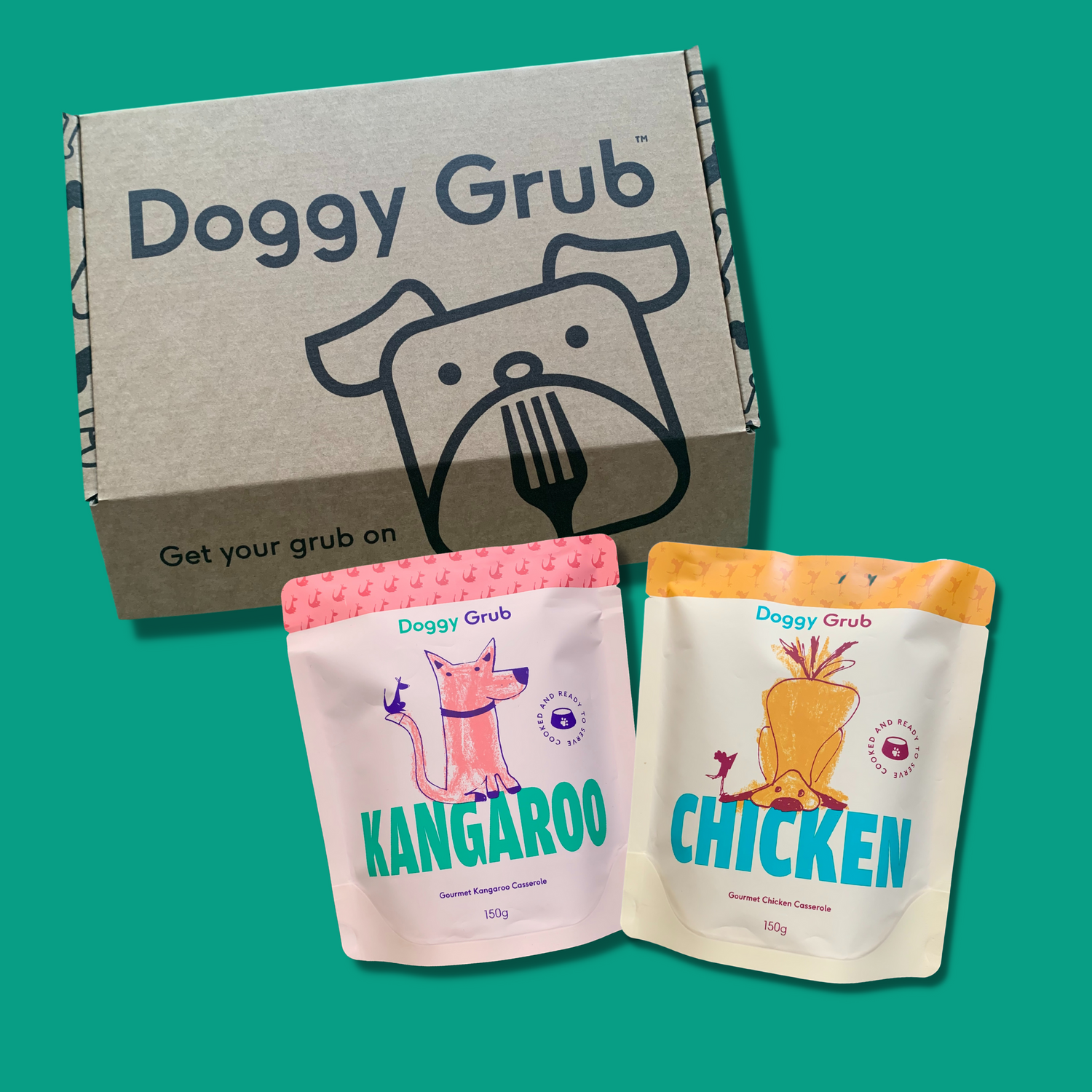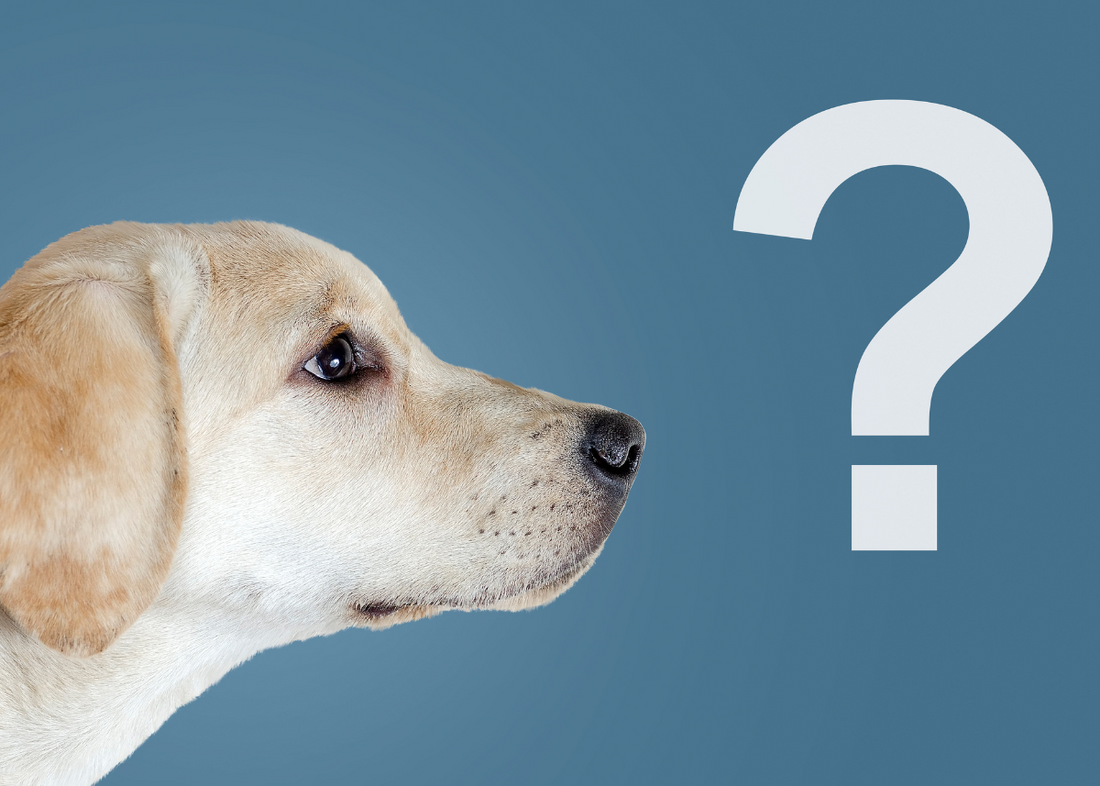Many pet owners have questions about the best practices for maintaining their pet's oral hygiene. In this Q&A edition, we'll address your most common queries and provide valuable insights to keep your pets smiling and healthy.
How often should I brush my dog’s teeth?
Brushing your dog's teeth daily is the ideal routine for optimal oral health. Establishing this habit may take time, but it's worth the effort.
Recognizing that daily brushing might not always be feasible, aiming for at least three times a week, coupled with the use of dog chews, is an excellent alternative.
Regular brushing helps prevent plaque buildup and ensures your dog's teeth and gums stay healthy.
Can I brush my cat’s teeth?
Yes, absolutely! Cats benefit greatly from daily dental care to reduce plaque and prevent tartar accumulation.
While teaching your cat to accept tooth brushing may require patience and training, the process becomes easier as they become accustomed to it. Committing to regular dental care for your cat is a proactive measure for their overall well-being.
My dog refuses the toothbrush! What can I do?
If your dog is resistant to the toothbrush, consider using a cloth wrapped around your finger for polishing and brushing their teeth.
Introduce brushing gradually, incorporating positive reinforcement and rewards. Our expert tips are designed to help your dog overcome resistance and adapt to the tooth-brushing routine, ensuring their oral health remains a priority.
How often should I give my dog a chew?
Dog chews are a valuable addition to your pet's oral care routine. Offering a chew every other day, at least twice a week, helps promote dental health.
Opt for natural chews with minimal ingredients, such as Himalayan cheese chews or raw meaty bones, to support your dog's dental well-being.
What is considered a good dog chew?
Selecting the right chew is essential for your dog's dental health. Anything hard enough for them to gnaw at and scrape their teeth on is suitable.
Options like raw bones, broccoli stems, carrots, or natural chews provide a satisfying chewing experience while contributing to dental hygiene.
Can I make my own doggy toothpaste?
Indeed, you can! Crafting your doggy toothpaste is not only feasible but often preferable to commercial options.
Homemade toothpaste allows you to control the ingredients, ensuring a more natural and healthier alternative for your pet's dental care. Here is a DIY doggy toothpaste recipe.
When should my pet get a professional teeth cleaning?
Regular professional teeth cleaning is a cornerstone of comprehensive pet dental care.
As a general rule, schedule a session with a licensed veterinary dentist at least once a year. Your veterinarian will assess your pet's mouth and gums yearly, making informed decisions about the frequency of professional cleanings based on their individual needs.
A commitment to your pet's dental health is a gift that keeps them happy and healthy.
By incorporating regular brushing, providing appropriate chews, and consulting with your veterinarian for professional cleanings, you can ensure your pet enjoys a lifetime of strong, clean teeth and a radiant smile.
Prioritize their dental well-being, and you'll be rewarded with a pet that's not only happy but thriving.
Want to be the first to get your paws onto the hottest topics? Subscribe to our newsletter!
--------------------------------------------------------------------
The Doggy Grub blog is dedicated to helping dogs and their owners achieve happier, healthier lives, changing the way we feed our dogs one bowl at a time! If you would like to know more about our fresh food head to Doggy Grub










